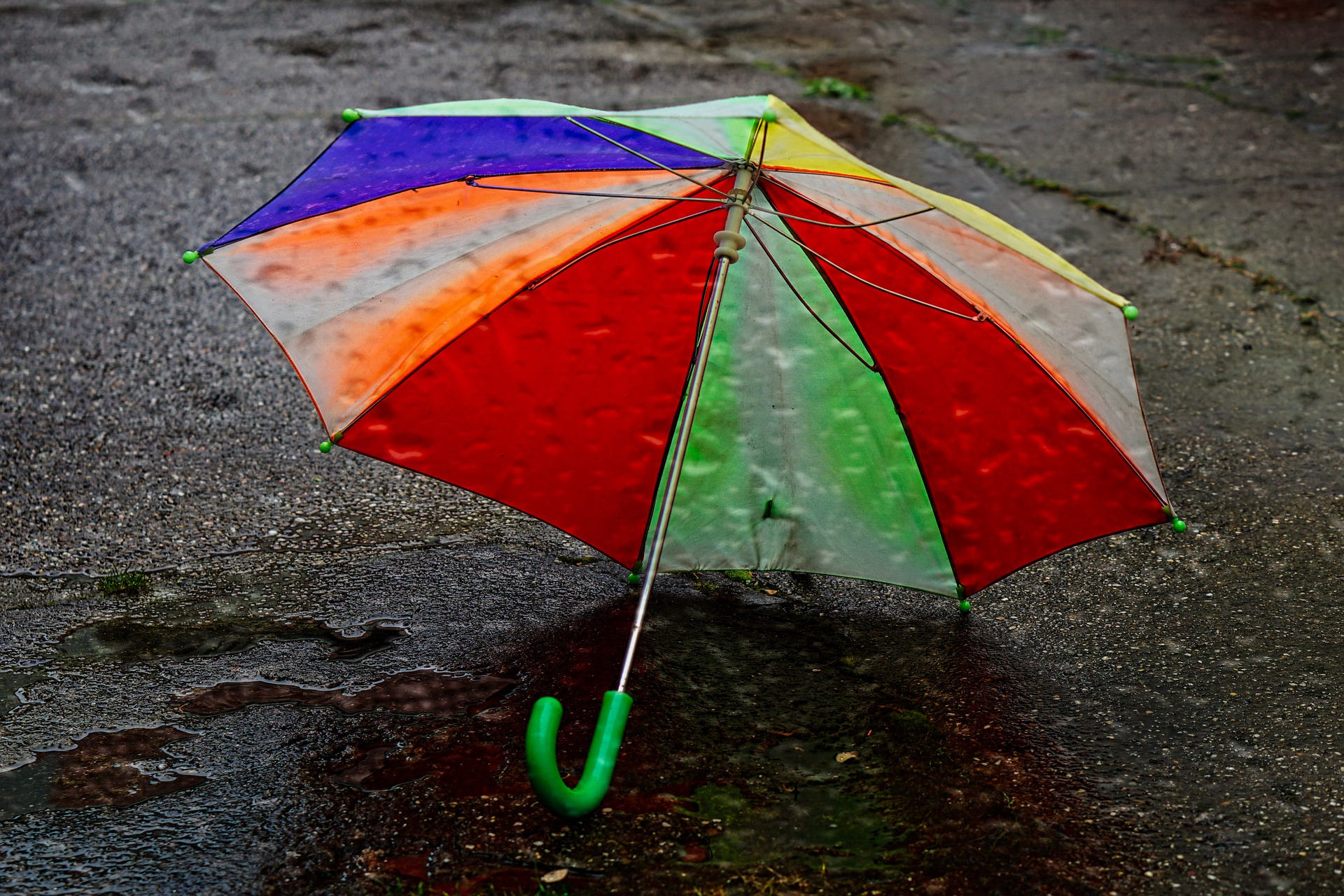Why You Should Seal Your Concrete Floor
Why is it such a good idea to seal your concrete floor? There’s no doubt you will have heard this advice either from a contractor or perhaps through reading it online, but just why does it need to be done? If you’re debating whether or not to seal your concrete floor, here are some of the benefits of doing so. And, with highly experienced professionals such as Polylift USA on hand with years of expertise in doing this kind of work, you know you’ll always have somewhere to turn.
Improve Your Floor’s Appearance
Some individuals may want to seal their floors merely to enhance the appearance of the concrete. When you apply a glossy sealer on concrete, the color becomes more vivid, and the pattern becomes more visible. You can also select the amount of shine you want on your flooring, giving you more control over the brightness. If you don’t want to go the glossy way, matte sealers provide an exquisite refinement to the flooring that will look stunning.
Prevent Efflorescence
Efflorescence can often be a significant issue for individuals who have concrete flooring since it degrades the space’s integrity and beauty. Efflorescence is the accumulation of powdery white material on the floor’s surface caused by salt in the concrete reacting with water on the surface. When you seal your concrete floor, you will prevent water from entering the concrete and combining with the salt, avoiding the reaction and build-up on the floor.
Prevent Stains
Concrete is not especially stain-resistant on its own because of its porous structure, which collects stains easily and can look terrible. Sealing your concrete floor is an easy method to counteract this. Because sealers serve as protective coatings over concrete floors, chemicals, and other substances that would usually stain a concrete floor would just lie on the surface until they can be wiped away. Say goodbye to concerns about spilling beverages on your concrete patio or in your basement, or anywhere else. And, if you want to be especially careful about stains, you should remember to seal your concrete floor regularly, at least once a year. Alternatively, contact a reputable contractor to carry out the work for you, giving you the perfect end result you’re looking for.
No Fading
If you have outdoor concrete flooring, you may have heard that sun exposure will usually create issues with concrete floors that have been colored, which is typically the case with concrete floors. This may impact the quality of the concrete slab as well as the look of the floor, which your contractor most likely spent a significant amount of time working on. As a result, if you have floors in sunny locations, you might notice that your unsealed floors are more prone to fading. By adding a specific UV-stable sealer to your concrete floors, you can prevent them from fading and save money on repairing the flooring.
Prevent Freezing Damage
Concrete floors are notorious for cracking. This is due to a phenomenon known as freeze-thaw, which occurs nearly everywhere. It works like this: unsealed concrete contains open pores through which water and ice may penetrate throughout the winter. This causes the concrete to fill up nearly to its full capacity. This causes the concrete to expand, and you may already see some cracks forming on the surface. When winter ends and the water evaporates, the concrete returns to its former size. This cycle of concrete expansion and contraction ultimately leads to significant surface cracking. However, you may take some steps to mitigate the worst of the damage, notably sealing.





